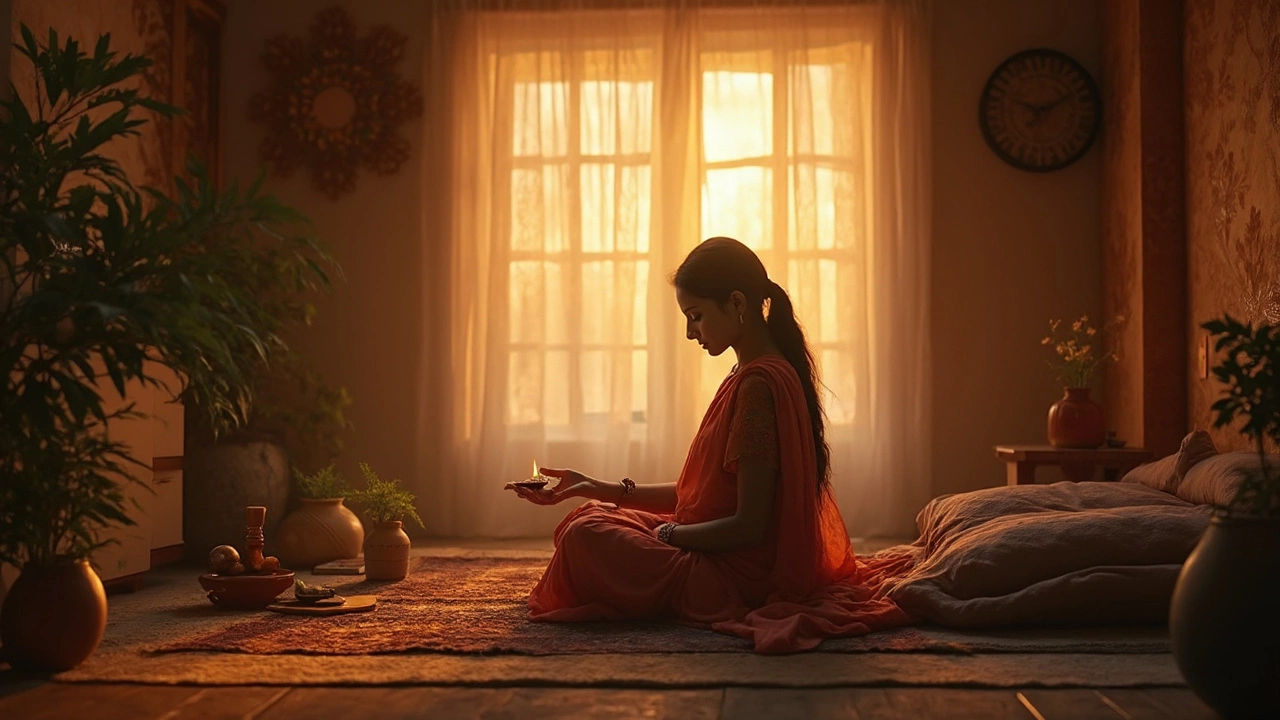Best Time to Sleep: What Science and Daily Life Reveal
When thinking about best time to sleep, the nightly window when you feel most ready for deep rest. Also known as optimal sleep timing, you’re really syncing with your circadian rhythm, the body’s 24‑hour clock that controls hormone release, temperature and alertness. In plain words, the hour your body naturally wants to shut down is the one that gives you the most restorative sleep.
Why Timing Matters
Most people notice that staying up late leaves them groggy, while an early bedtime feels refreshing. That’s a classic insomnia, difficulty falling asleep or staying asleep symptom. Insomnia often pops up when the circadian rhythm gets out of sync – think night‑shifts, jet‑lag, or screen‑time overload. The mismatch creates a feedback loop: the later you push bedtime, the harder it is for melatonin to rise, and the more you toss and turn. Fixing the clock, not just the bedroom, can break that loop.
Ayurveda, the traditional Indian health system, talks about the Ayurvedic sleep guidance, daily routines that align your body with natural day‑night cycles. It suggests winding down by sunrise, having a warm dinner before 7 pm, and avoiding heavy spices after sunset. Those habits echo modern research on light exposure and meal timing, proving that ancient tips still hold water. If you follow those simple steps, you’ll notice your best time to sleep slipping into place without counting sheep.
Medications add another layer. Certain drugs, like steroids, stimulants, or even some weight‑loss meds, can shift the sleep window. This is where medication side effects, unintended impacts of drugs on sleep, mood or metabolism come into play. For example, gabapentin or some ADHD treatments may increase alertness at night, pushing your natural bedtime later. Understanding how your prescription interacts with your circadian rhythm helps you schedule doses at the right time, keeping the sleep window stable.
Putting these pieces together creates a clear picture: the best time to sleep is not a random number on a clock; it’s the point where your internal rhythm, lifestyle habits, and any medication you take all line up. When they align, you fall asleep quickly, stay asleep, and wake up refreshed. Below you’ll find articles that dive deeper into each of these factors – from how ADHD affects night‑time rest to practical Ayurvedic routines, from the science behind circadian biology to tips for managing meds that disturb sleep. Use the collection as a toolbox to fine‑tune your nightly schedule and finally get the quality rest you deserve.

Ayurveda Sleep Time: When Should We Actually Hit the Bed?
Figuring out when to sleep can get tricky, especially with all the mixed advice online. Ayurveda has a straightforward answer rooted in nature’s rhythms and the body’s dosha clocks. This article breaks down exactly when you should sleep, why it matters, and how simple tweaks can make you wake up feeling fresh. You’ll learn about the impact of dosha cycles, what happens if you ignore Ayurvedic timing, and get practical tips for resetting your routine. Real-world advice, zero fluff—just honest insight to help you sleep better, Ayurveda-style.
read more



